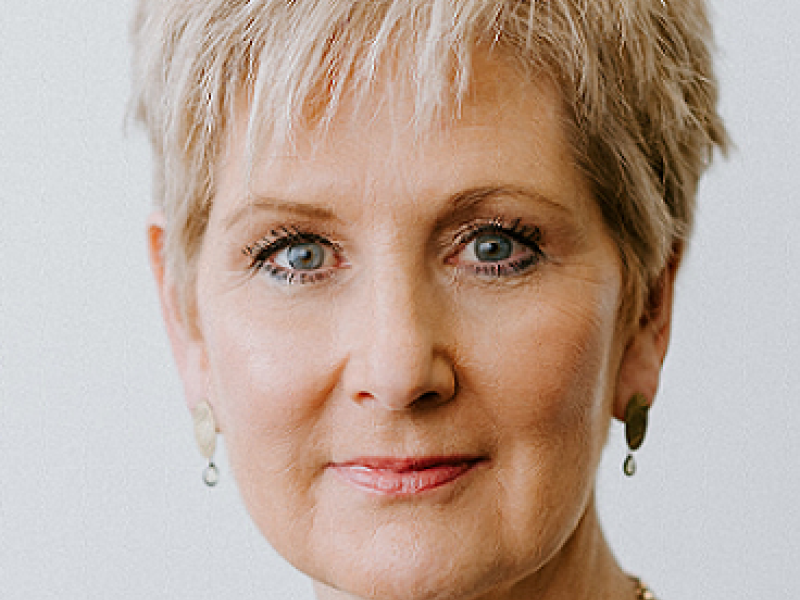By Gill Callister - Mind Australia CEO
Revolution is not a one-time event.
So the quote goes from writer and activist, Audre Lorde. It’s a quote that comes to mind as International Women’s Day (8 March) rolls around again.
This year, the unofficial International Women’s Day website has tasked us to fully embrace equity as part of IWD celebrations. Of course, feminists have long advocated for equity. The idea that each of us has what we need to be successful and to take up opportunities – of which we ideally all have the same – is not a new notion. But revolution in a system with entrenched inequities is difficult. It requires constant questioning of who holds power and how that power can be dismantled.
As a feminist and an advocate for mental health system reform, it has become increasingly clear to me that there are parallels between feminist action and the lived experience movement.
A focus on removing structural barriers to participation in society, valuing a diversity of voices, and disrupting dominant powers is a uniquely feminist notion that permeates the rise of valuing lived experience of mental ill-health.
In our current systems of power, women and marginalised groups are often excluded from decision-making processes and disadvantaged economically, socially and politically.
Women face barriers to equity and equality due to patriarchal systems, structures and settings which disempower them and devalue their experiences.
I was motivated to think on the parallels in the mental health system by thought leader in lived experience, Dr Louise Byrne, who made it clear that those who access mental health services often have similar experiences. They were historically in positions with less power and less agency, often resulting in negative experiences and outcomes. We need only look at the findings from the Royal Commission into Victoria’s Mental Health System to understand need for systemic change.
Healthcare, especially medical settings, has historically treated women as inferior versions of men, neglected to include them in research, and often overlooked their input resulting in poorer health outcomes. The federal government announced earlier this year that it would convene a new National Women’s Health Advisory Council to examine this exact issue.
Similarly, the expertise of people with lived and living experience of mental ill-health has been seen as inferior to knowledge stemming from traditional institutions.
However, people belonging to marginalised groups, especially those who have been disempowered, have knowledge of the system that those at the top do not. This lived experience can and should be harnessed to disrupt existing power differentials and promote a different and more equitable way of doing things.
Much like waves of feminism, the voices of people with lived and living experience can speak truth to power. And I’m pleased to say, we are starting to see the tides change.
One of the key acknowledgments in the Victorian Royal Commission was the need to embed lived experience leadership in the system. As part of this paradigm shift, the Commission recommended establishing a lived-experience residential service - an innovative new residential mental health recovery support service led and co-design by people with lived experience. This approach to mental health support has the potential to revolutionise the way we do things in Victoria and across the country.
The Federal Government also recently funded National Peak Bodies for consumers and carers, ensuring the voices of lived experience have a seat at the national table in decisions and governance that directly affects their lives.
These were hard won battles but there is still work to be done. Change is slow but I am optimistic about the future. After all, revolution is not a one-time event.
Gill Callister is CEO of Mind Australia, a community-based mental health organisation with a long tradition of working with people with serious mental ill-health. She has dedicated her career to improving public policy and service delivery, particularly for vulnerable people in the community. Twitter: @GillCallister
If this article raises concerns for you, please call Lifeline on 13 11 14. Aboriginal and Torres Straits Islanders can also call 13 YARN (13 92 76) a 24/7 national crisis support telephone service staffed by Aboriginal and Torres Strait Islander peoples.
